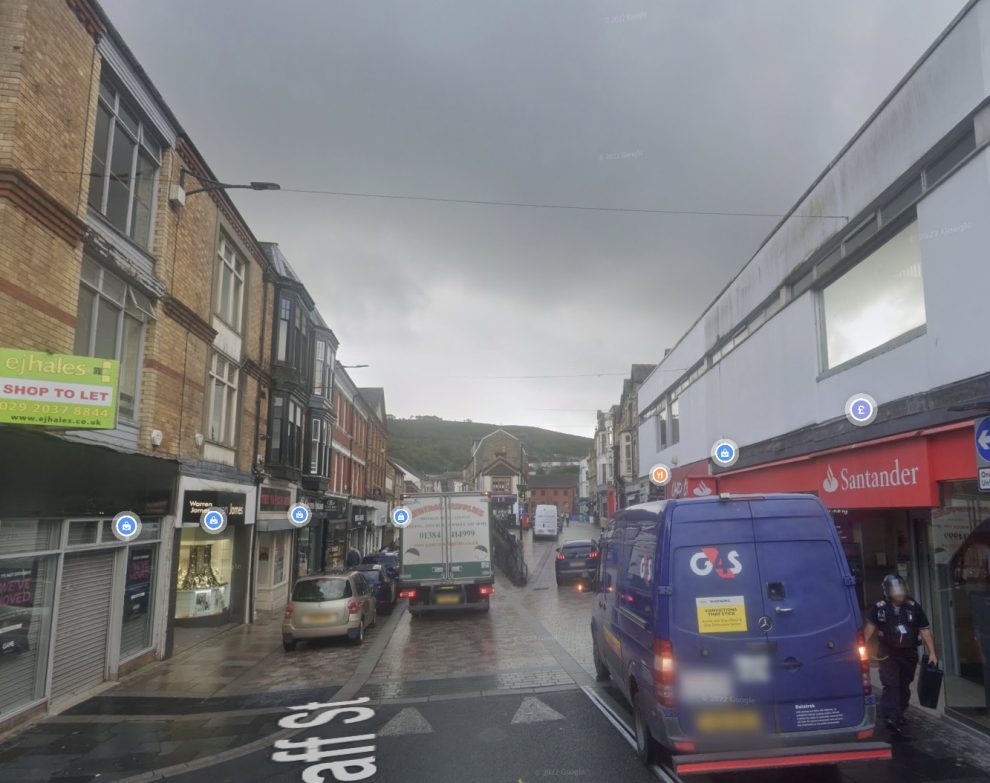CONTROLS on street trading look set to be extended throughout Rhondda Cynon Taf after concerns over mobile food vendors.
A report to the council’s licensing committee on Tuesday, April 30, will recommend that members accept the extension of the current street trading controls throughout the whole borough of RCT and that a review of the existing conditions is undertaken which will look to improve the standard of the existing food businesses.
But if agreed the “prohibited streets” which have been brought in for parts of Treorchy and Porth would be kept meaning all street trading is prohibited in the areas included.
It is proposed that those businesses with a food hygiene rating of three (satisfactory or above) can apply for a consent to trade.
The committee report said the recommendations were made following concerns regarding mobile food vendors trading in the borough.
It said the extension of the existing provisions will provide a “level regulatory regime for all mobile traders and will assist local authority officers in compliance to improve overall standards, providing added confidence to the residents of RCTCBC”.
In December 2009 the council implemented street trading provisions in Pontypridd town centre.
This was extended in 2011 to the introduction of prohibition zones for the control of street trading within a 500m radius of Porth County Community School and Treorchy Comprehensive School.
The scheme was initially implemented following complaints of unregistered food traders, poor food hygiene practices, and litter and odour nuisances in Pontypridd.
The extension of controls to areas around schools were introduced following concerns raised by the police regarding street traders obstructing pavements and causing traffic hazards.
Head teachers also raised concerns that the vendors were offering high-fat, low nutritional value foods that undermined the authority’s efforts to improve the diets of young people.
The Local Government (Miscellaneous Provisions) Act 1982 allows the council to, by resolution, designate any street in their district as a prohibited street, a licence street, or a consent street.
A prohibited street is where all street trading is prohibited while a licence street is where trading is prohibited without a licence granted by the district council and the council may attach conditions to the licence.
A consent street is where street trading is prohibited without the consent of the district council.
In March 2007 a report was discussed that outlined the options and it was decided that the most flexible and appropriate permission was that of consent streets.
It was decided that although there was no right of appeal against a refusal to grant, renew, or revoke such consent it was deemed good practice and human rights-compliant that this be available so aggrieved applicants will have an opportunity of representation by means of the licensing committee.
The street trading provisions are not limited only to food vendors and apply to other types of street trading activities and there is a list of exempt activities that are not regarded as street trading.
The January report said that at the time of writing RCT had 88 registered mobile food traders but that this does not necessarily mean that all of the 88 trade within RCT and there may be mobile food traders registered with other local authorities that trade in RCT.
The extension of the existing controls may not apply to all these businesses due to them trading outside of the borough or the frequency of trading, such as only trading for events, the report said.
There are currently no businesses trading that require a consent to trade, according to the January report.
The report said the extension of the existing controls across the borough will provide the local authority with a “flexible system which will include those traders from outside the borough and those who trade infrequently”.
The extension of the scheme does not affect the street furniture scheme that exists in Aberdare and Pontypridd town centres.
At the committee meeting held on January 30 members approved a “draft resolution” to extend existing consent provisions to allow the control of street trading and then a formal consultation took place.
There is a fee linked to the process of the consent to trade that covers the administration process.
The fees are not statutory and are subject to the annual increase as per the council policy in relation to fees and charges.
The proposed implementation date is June 2024.



















